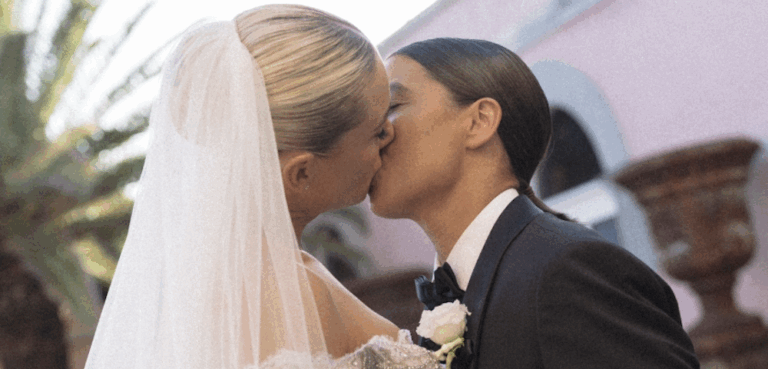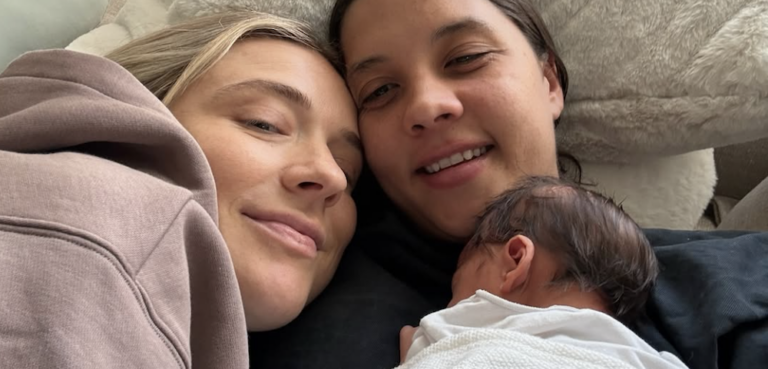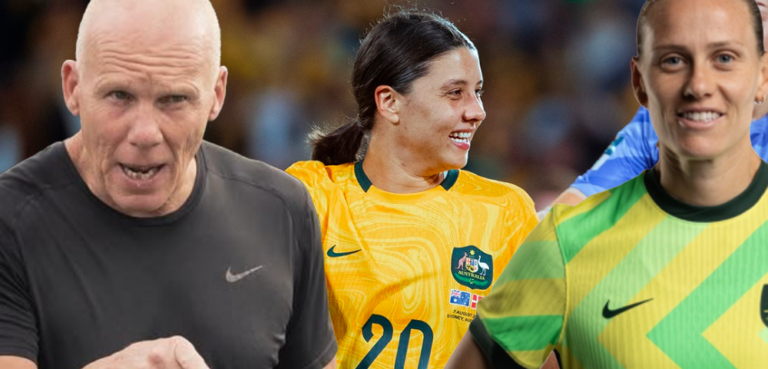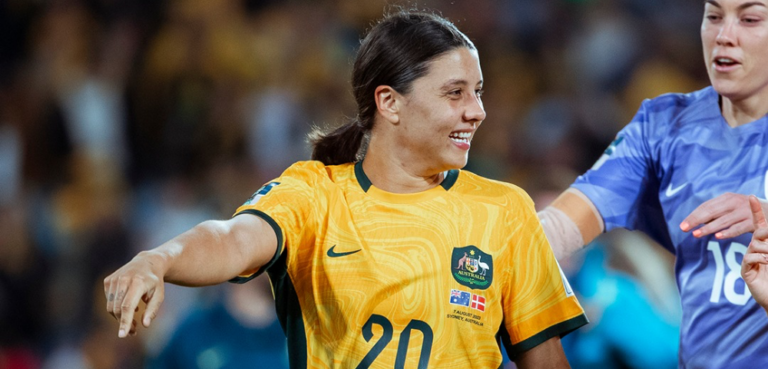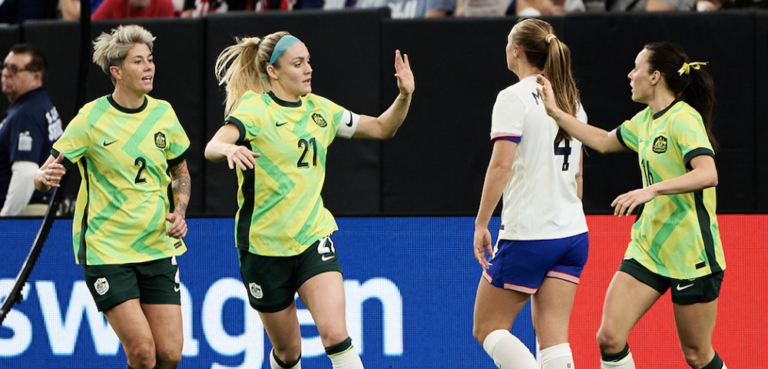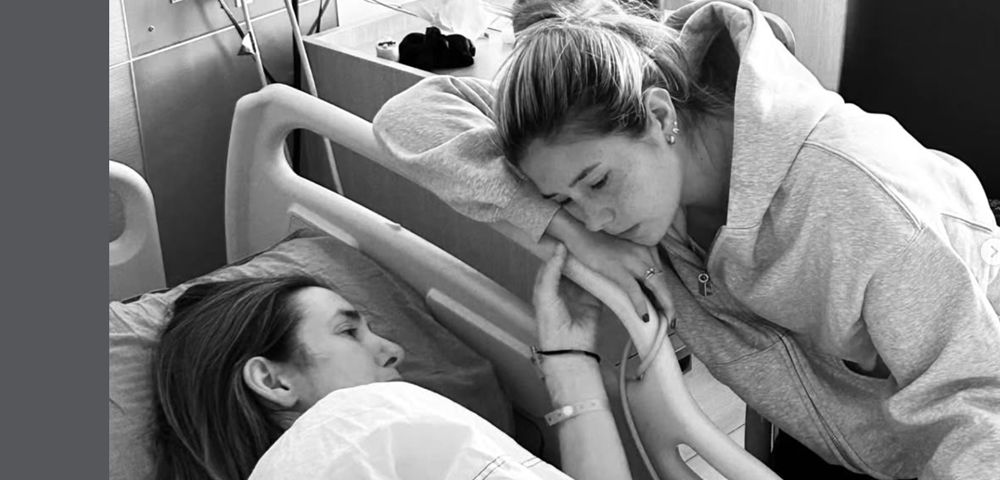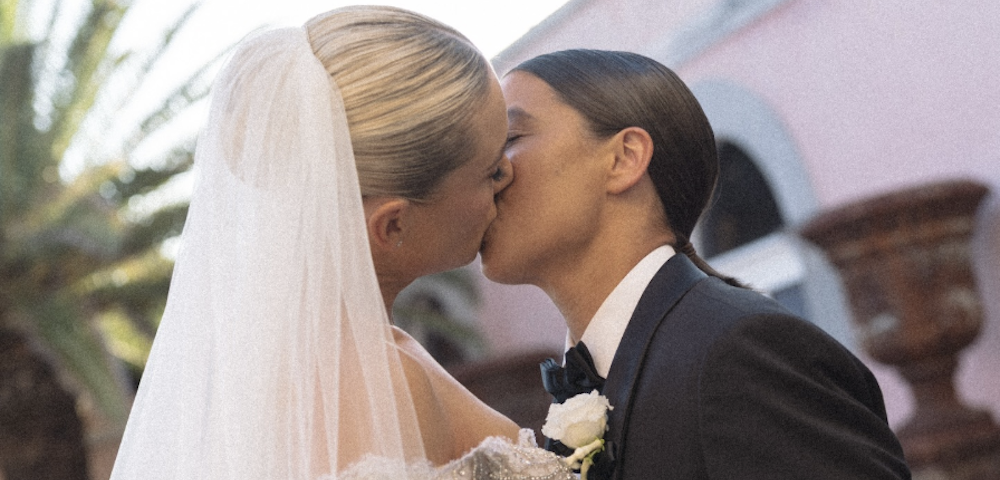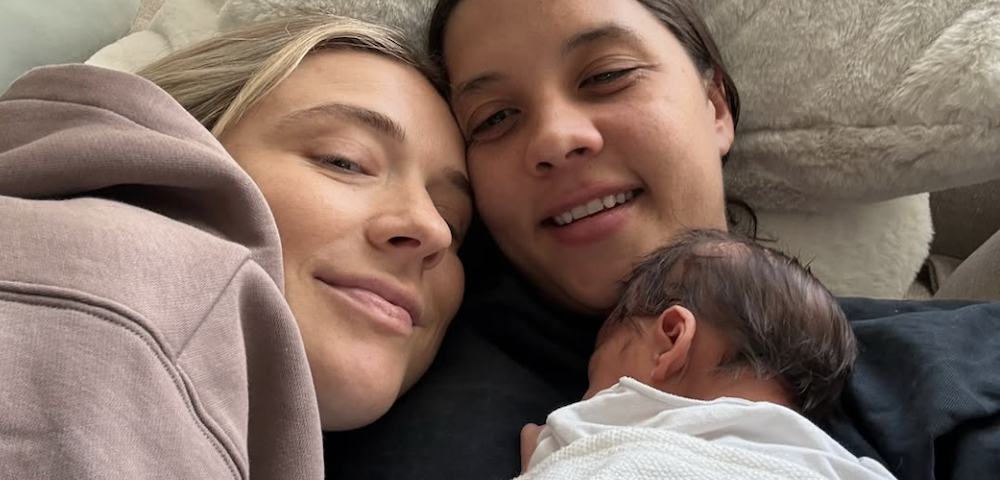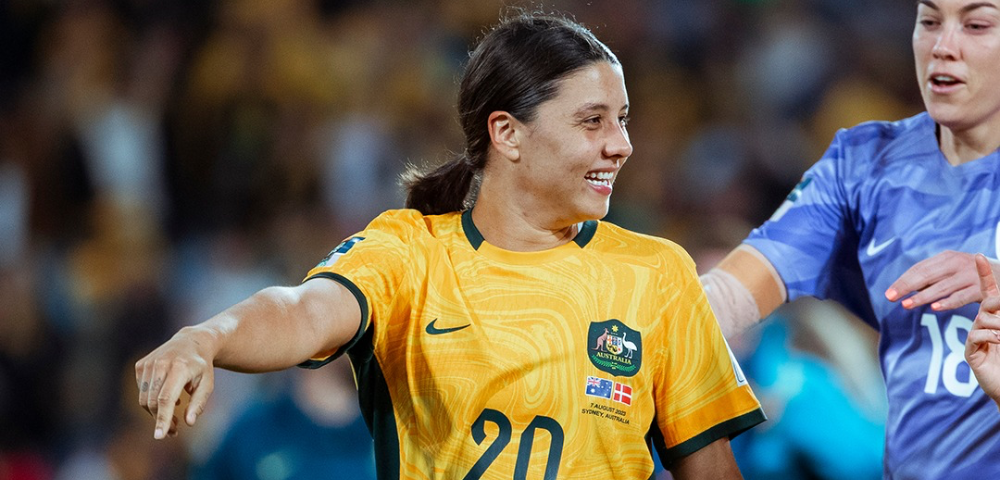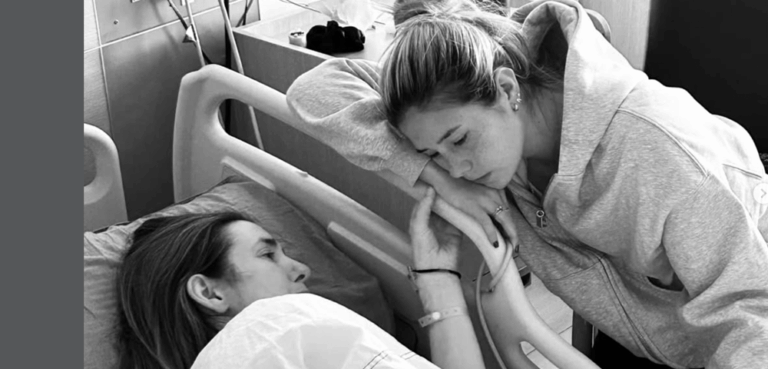
FIFA Bans Players From Wearing Rainbow Pride Armbands At Women’s World Cup
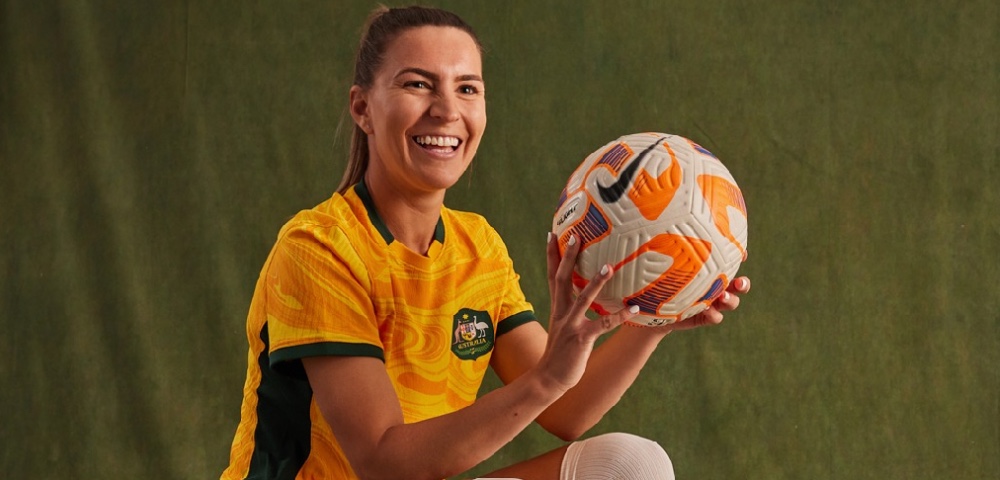
FIFA has confirmed that players participating in the Women’s World Cup in Australia and New Zealand this year will not be permitted to wear rainbow armbands to express their solidarity with the LGBTQI community.
This World Cup, there are a number of out gay footballers who will be part of different teams, including Australia’s Matildas.
The sport’s governing body unveiled eight armbands last Friday which captains of the 32 teams can choose to wear in Australia and New Zealand during the football tournament that will begin later this month.
Following consultations with the 32 participating teams, players, and United Nations agencies, the themes for the armbands in the Women’s World Cup were selected.
The armbands will bear the following messages: Unite for Inclusion, Unite for Indigenous Peoples, Unite for Gender Equality, Unite for Peace, Unite for Education for All, Unite for Zero Hunger, Unite for Ending Violence Against Women, and Football is Joy, Peace, Love, Hope, and Passion.
The “OneLove” captain’s armband, which was prohibited at the men’s World Cup in Qatar will be allowed to be worn in a modified form at the upcoming Women’s World Cup.
The Unite for Inclusion armband’s logo incorporates the same colours as those featured in the OneLove armband. The colours include red, black, and green, symbolising race and heritage (representative of the Pan-African flag), as well as pink, yellow, and blue, representing all gender identities and sexual orientations. However, they are not rainbow colours that are symbolic of pride.
Qatar World Cup Armband Controversy
Last year, at the men’s world cup in Qatar, the rainbow armbands were a large source of controversy when England and six other competing nations announced their plans to wear it during the tournament before deciding to roll back the decision due to the threat of sanctions from FIFA.
Less than two weeks before the Qatar World Cup finals, former Qatar international footballer and Qatar World Cup ambassador made several homophobic comments during an interview with German broadcaster ZDF, describing homosexuality as “damage in the mind”, adding that anyone coming to Qatar should “accept our rules here”.
FIFA president Gianni Infantino said in a statement, “Football unites the world and our global events, such as the FIFA Women’s World Cup, have a unique power to bring people together and provide joy, excitement and passion”.
“But football does even more than that – it can shine the spotlight on very important causes in our society. After some very open talks with stakeholders, including member associations and players, we have decided to highlight a series of social causes – from inclusion to gender equality, from peace to ending hunger, from education to tackling domestic violence – during all 64 matches at the FIFA Women’s World Cup”, he added.
Choice Of Armband
The captains will have a choice of three armband options to wear: They can choose to wear the Football Unites the World armband for the entire duration of the tournament, they can opt for an armband that aligns with one of the eight causes supported, or they can wear the armband designated for each round.
The FA responded to FIFA’s announcement, stating “We know FIFA engaged with federations and players from around the world on the armbands to be worn at the FIFA Women’s World Cup. The next step is for our players to decide which of the options they will choose to wear.”
During a press conference prior to FIFA’s announcement, England midfielder Georgia Stanway informed reporters that the Lionesses expressed their desire to wear the ‘One Love’ armband during their time in Australia. She emphasised that the team was committed to the message conveyed by the armband, irrespective of FIFA’s final ruling on the matter.
“I think no matter what the outcome is, whether it goes our way or not, we know that we still stand for exactly the same thing,” she said.
“If we can or we can’t wear the armband we know that we wanted to, and we’ll stand by the fact that we wanted to. Whatever the outcome is we’ll still stand by whatever we believed in and whatever we wanted to be the resolution,” Stanway said.
